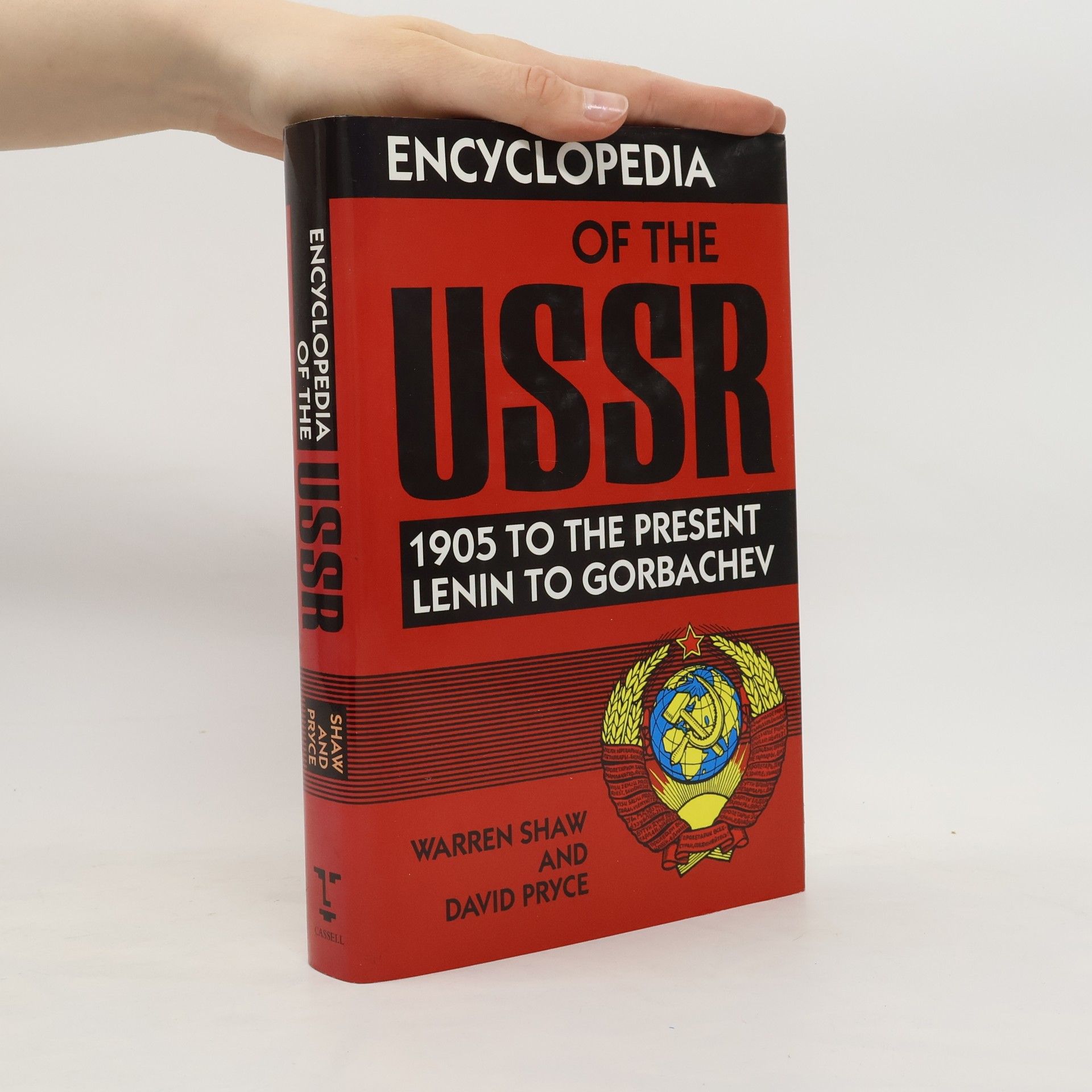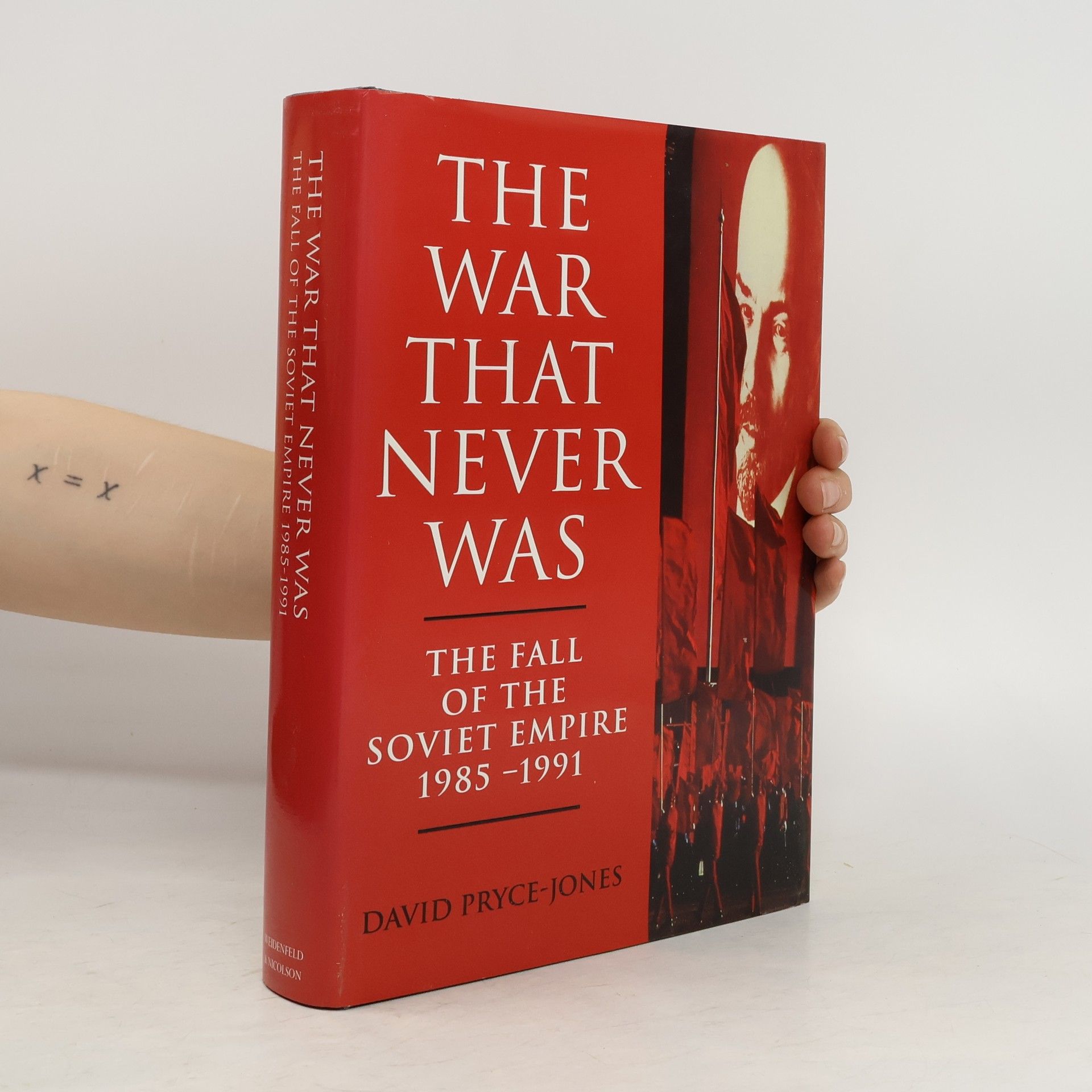Intuition At Work
- 200 pages
- 7 hours of reading
This ground-breaking will show you that intuition is a practical, learnable, and immediately applicable skill that will accelerate your career.






This ground-breaking will show you that intuition is a practical, learnable, and immediately applicable skill that will accelerate your career.
Openings & Outings brings together over forty pieces from the long and distinguished career of the writer and commentator David Pryce-Jones. Taking us from a meeting with Rudolf Hess's widow, to the slums of Tangier, to the front lines of the Israeli-Palestinian conflict, with many stops in between, Openings & Outings presents over fifty years of insight, from a writer with endless scope and perspective.
Through personal anecdotes and vignettes, David Pryce-Jones shares a rich tapestry of his interactions with renowned authors who gifted him inscribed books. Each signature serves as a portal into the lives and works of these literary figures, providing readers with an intimate glimpse into their personalities and creative processes. This exploration not only highlights the significance of these relationships but also celebrates the impact of literature on both the author and the recipient.
The Fall of the Soviet Empire, 1985-1991
The collapse of the Soviet Union was one of the great determining moments of history. An empire dissolved, and with it Communism, the creed which had sustained the projection of Soviet power. Confrontation, civil war, even nuclear apocalypse, seemed more likely than the abdication and surrender which in fact unfolded. Mikhail Gorbachev was the General Secretary who presided over the last years of the empire and the Party. What had begun as reform turned into the ruin of everything he had stood for all his life. Germany was reunited, and the Baltic states recovered their independence. With the exception of Romania, opposition governments replaced the Communists through processes of negotiation and election in one Soviet satellite after another. The Cold War melted away
Standardwerk über dieses dramatische Kapitel des 20. Jahrhunderts.
Værket er ordnet kronologisk og alfabetisk, indenfor 3 store afsnit:A Chronology of Important Dates and Events.An Essential Background Guide to Soviet Society. Biographies of Soviet Artists, Scientists, Soldiers, Thinkers andother Influential Personalities.